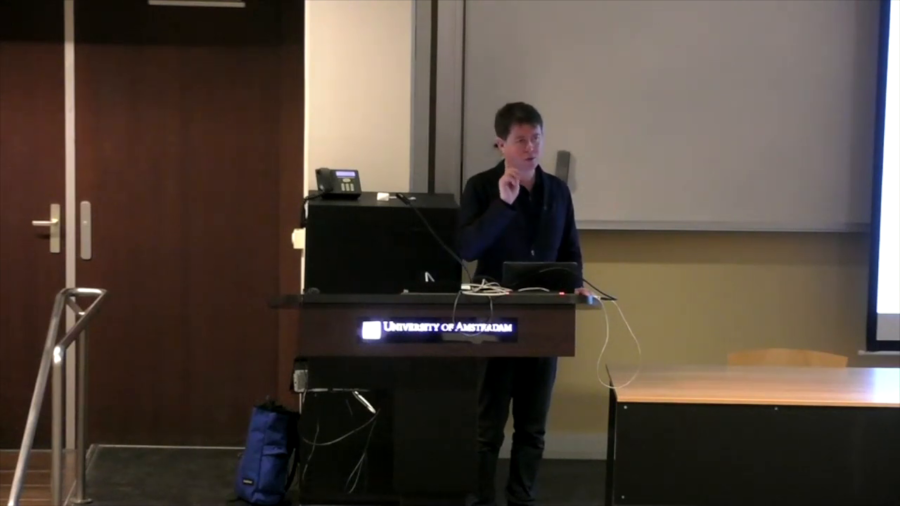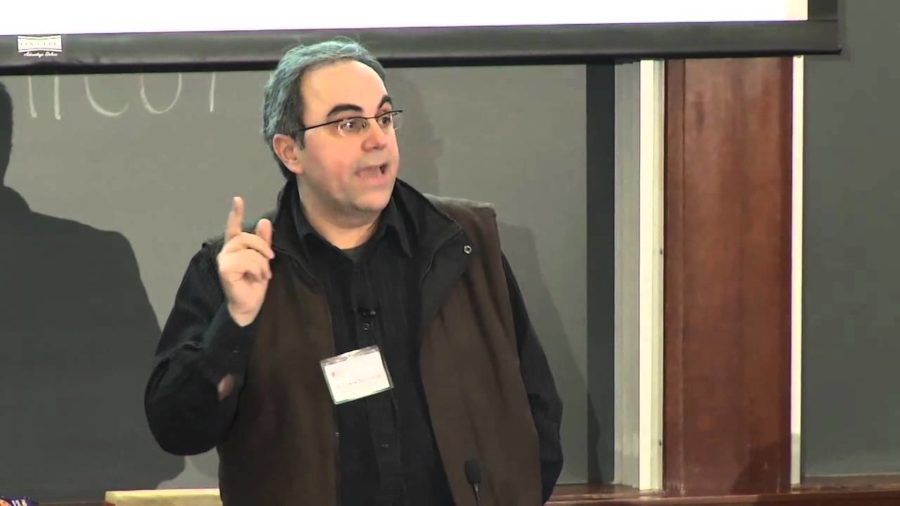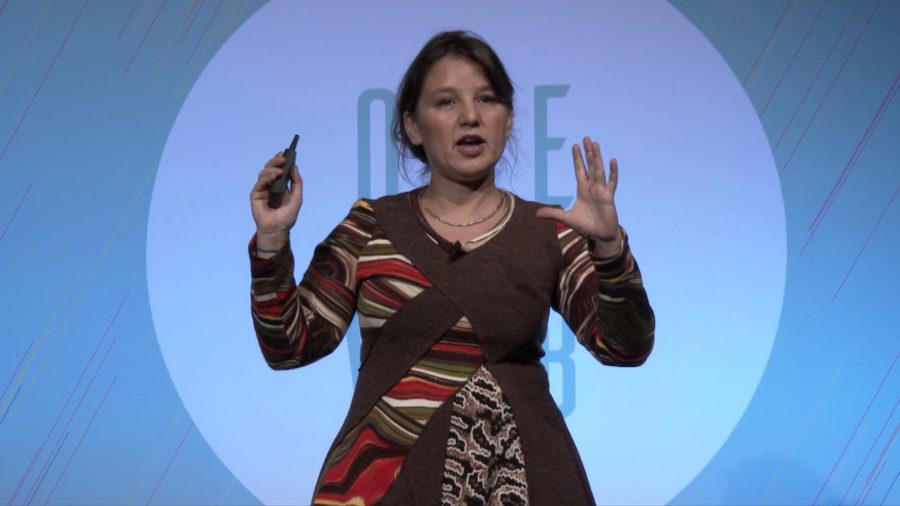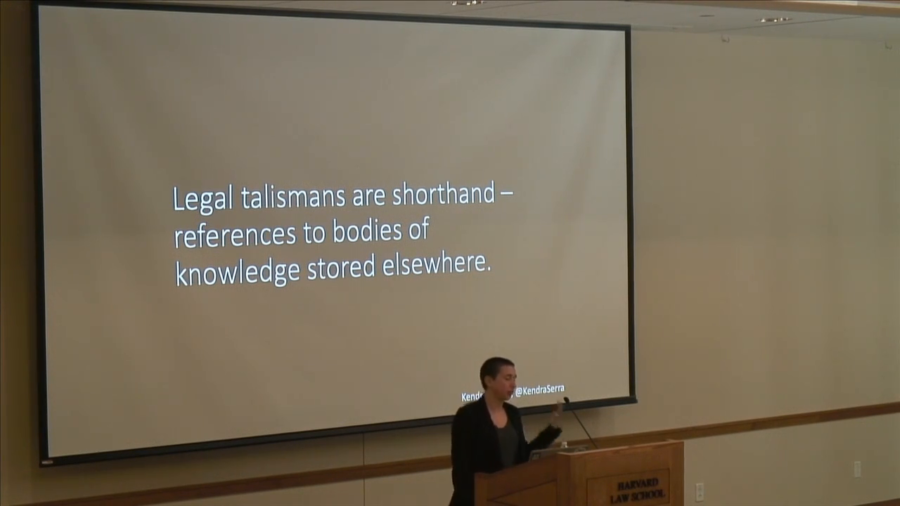Extremists around the world are increasingly being thrown off of social media. And so…the big question that I’m going to try to answer is, is this effective? Is it good? Is it good for the platforms? Who does it benefit? Is it good for the platforms, is it good for the extremists, is it good for the Internet, is it good for society at large?
Archive (Page 1 of 4)
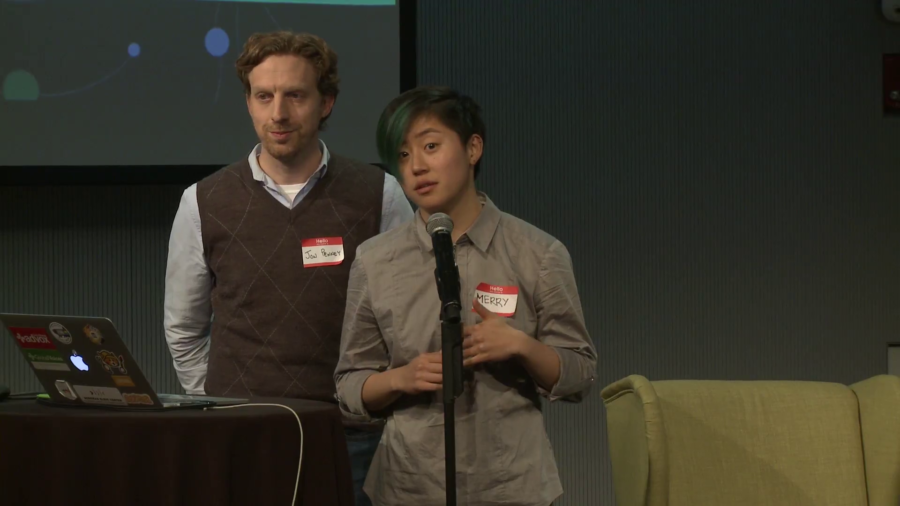
Underlying this project is a pretty simple and we think powerful idea that provides a solution to a complex challenge that’s facing online communities like Twitter, like Reddit, within the CivilServant universe. That challenge is the increasing automation of the enforcement of legal rules and norms online.
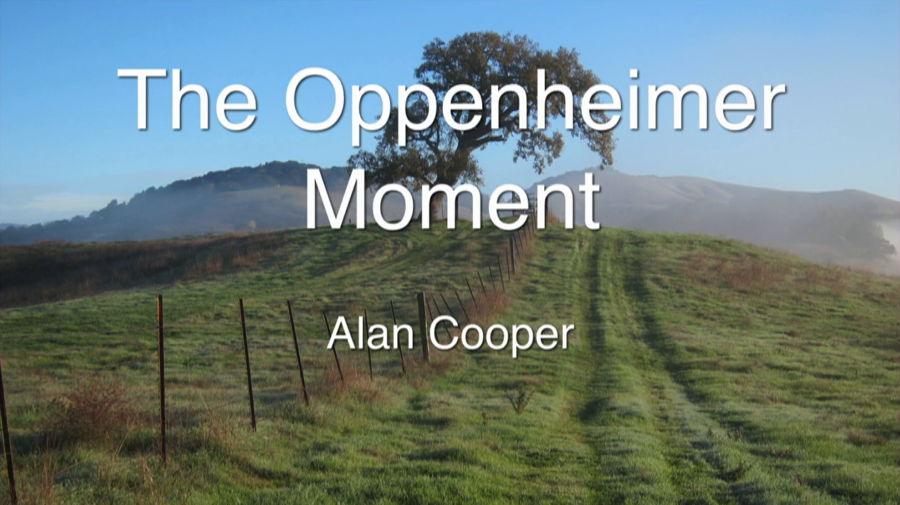
Where did this evil stuff come from? Are we evil? I’m perfectly willing to stipulate you are not evil. Neither is your boss evil. Nor is Larry Page or Mark Zuckerberg or Bill Gates. And yet the results of our work, our best most altruistic work, often turns evil when it’s deployed in the larger world. We go to work every day, genuinely expecting to make the world a better place with our powerful technology. But somehow, evil is sneaking in despite our good intentions.
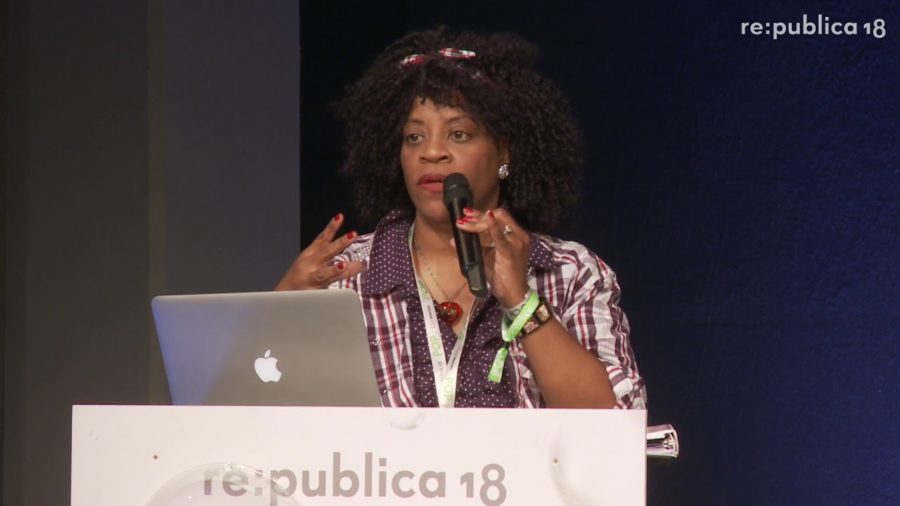
I do disability and sexuality education. And activism and advocacy around sexuality and disability issues, and reproductive health issues. And I want to teach the world that people with disabilities have the right and ability to give and receive pleasure.
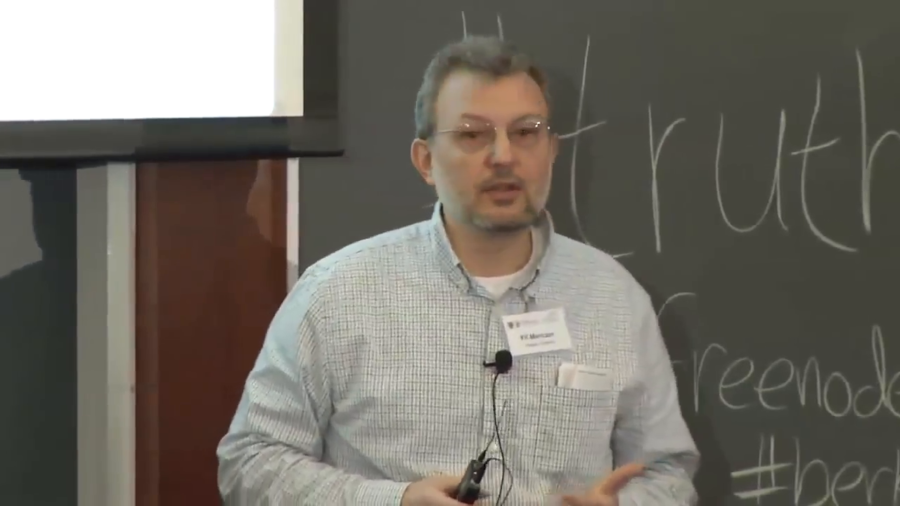
I’m here to tell you little bit about a few examples of truthy memes that we’ve uncovered with the system that we have online. It’s a web site where we track memes coming out of Twitter and we try to see if we could spot some signatures based on the networks of who retweets what, basically, and who mentions whom.
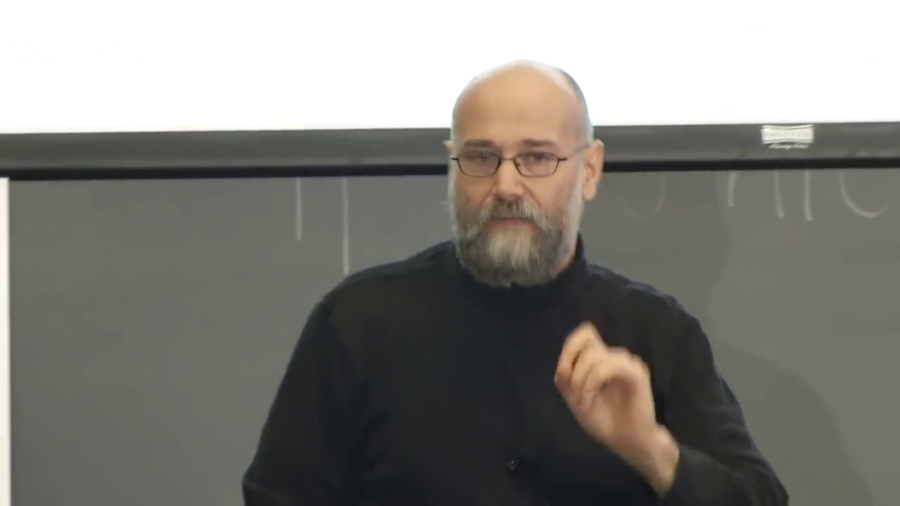
Bill Keller ends his story in the end in The New York Times Magazine as, “If Assange were an understated professorial type rather than a character from a missing Stieg Larsson novel, and if WikiLeaks were not suffused with such glib antipathy toward the US, would the reaction to the leaks be quite so ferocious?”
Good question. Who’s responsible? Half an article before, Keller says, “I came to think of Julian Assange as a character from a Stieg Larsson movie.
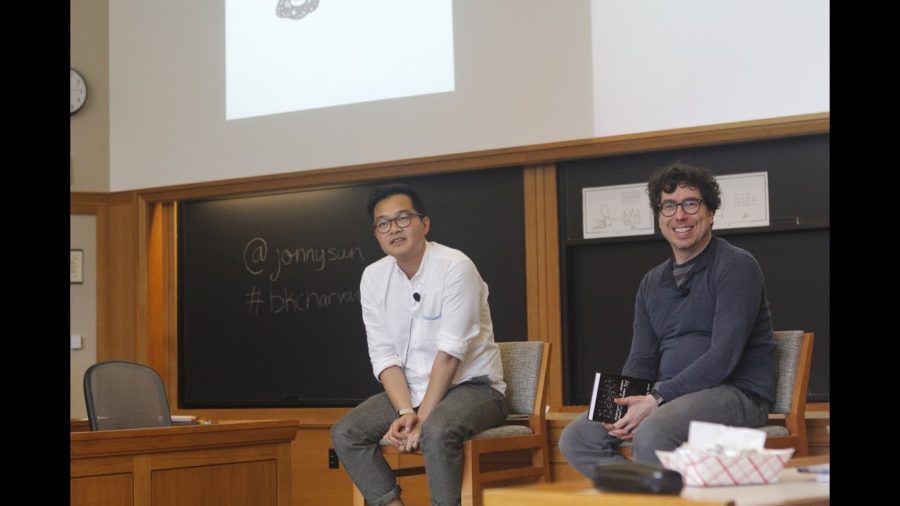
I think I kind of have floated through the world feeling like an outsider and feeling a bit like an alien, I guess. And along the way I’ve met so many other people who have felt like that too, and I think this is a celebration of that kind of diversity and of that kind of outsiderdom.

